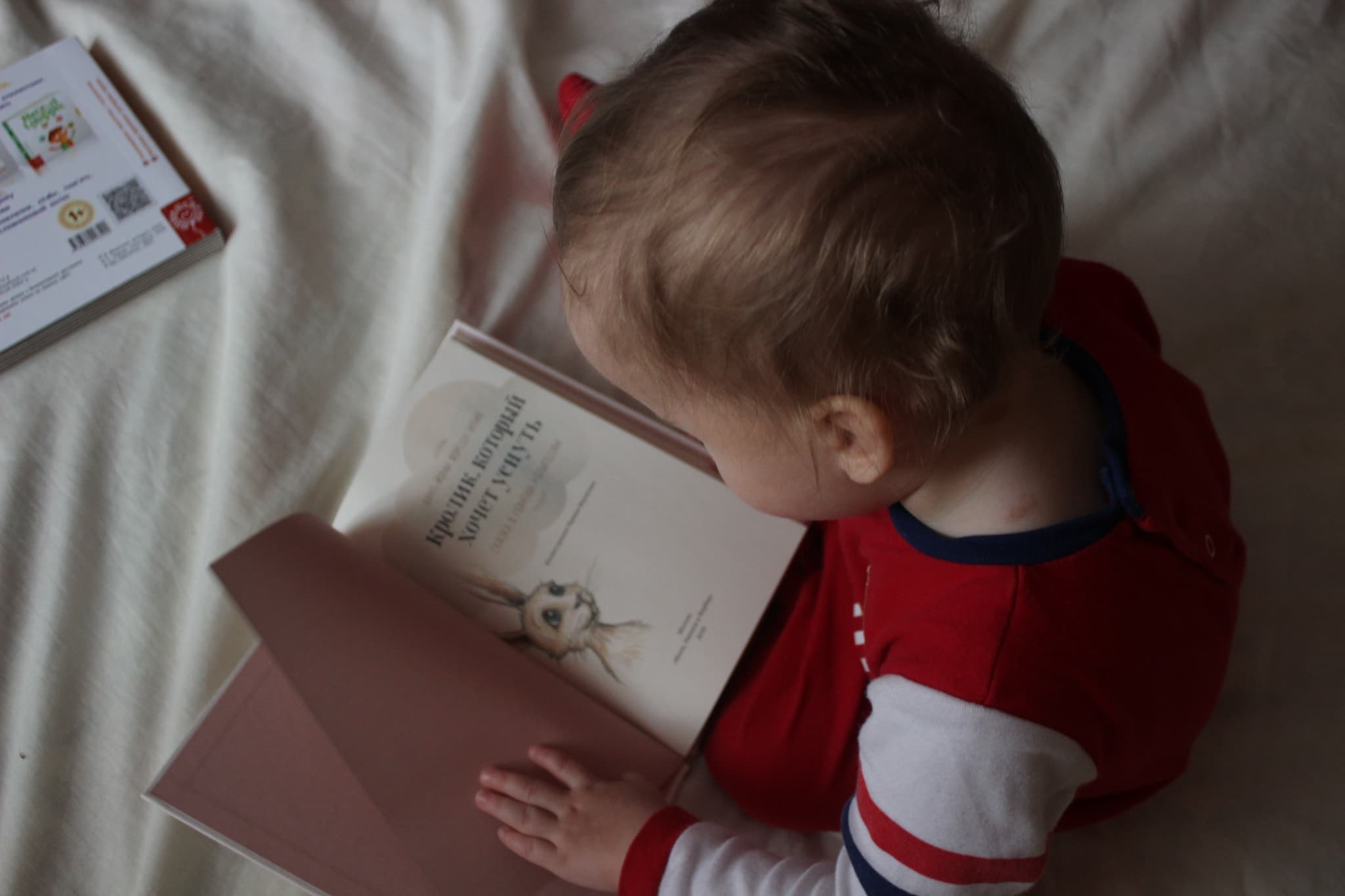Quality
Bilingual teaching benefits explored by UW researchers

Freya Lucas
Feb 26, 2020
Save
Researchers from the University of Washington (UW) recently expanded on a previous study, experimenting with a new method of teacher training, and creating software that would train language tutors online to support dual language learning from infancy.
The previous study conducted by the team in 2017 sought to learn whether and how infants can learn a second language in the context of an early education center, if they don't get that exposure at home. That study showed the effects of an interactive, play-based English-language program, compared to the standard bilingual program already available in Madrid schools, on 280 children at four infant education centers in Madrid, Spain.
In the new study, conducted by UW's Institute for Learning & Brain Sciences (I-LABS) as part of researchers' ongoing work with infant education centers in Spain, not only found that bilingual teaching led to sustained English-language comprehension and vocabulary-building, but also that the method could be scaled up to serve more children, and children from a greater variety of backgrounds.
Naja Ferjan Ramírez, the lead author of both studies, said that researchers knew their research-based method worked to boost second language skills rapidly in infants, without negatively affecting their first language, but needed to explore how to train people worldwide to use it.
The most recent study used the same curriculum from 2017 but trained tutors differently, using an online program called SparkLing. By testing a remote form of teacher training and providing lessons to larger groups of children, researchers explored how to spread the benefits of bilingual education across a wider population.
The I-LABS bilingual curriculum emphasises social interaction, play and quality and quantity of language from teachers. The approach uses parentese, a slow, clear speaking style that often involves exaggerated vowels and intonation.
In the new study, over 800 children in 13 infant education centers participated. The team grouped children, from ages 9 months to 33 months, into age-specific classes and focused on settings with much lower socioeconomic populations than were tested in the previous study.
"One of the most exciting aspects of the study is that we did our work in some of the very poorest neighborhood schools in Madrid, and we're thrilled to show that these children learn as impressively as those from more affluent neighborhoods. All children, given the right stimulation at the right time, can learn," said Patricia Kuhl, co-director of I-LABS and co-author of the paper.
Children's Spanish and English skills were assessed at the beginning of the study, midway through the year and at the end of the year. Older children used a touch-screen based word-comprehension assessment tool in Spanish and English, matching words and pictures, and answering questions.
All of the children also wore special vests outfitted with lightweight recorders to record any English words uttered by the infants during the 45-minute, daily language sessions.
At the midpoint of the school year, children who received the I-LABS method scored significantly higher in comprehension and word production than their control group peers: an average of nearly 50 words per child, per hour, compared to an average of about 14 words per child, per hour, in the control group.
About half of the children continued their lessons for an additional 18 weeks. At the end of that period, assessments showed that children who continued the lessons also continued to rapidly advance their second-language comprehension and production skills, while the group that returned to the original classroom maintained the English skills acquired after the first 18 weeks.
Researchers hope to roll out their methodology in the US, where approximately one in four children grows up bilingual.
To read the research, please see here.
Don’t miss a thing
Related Articles



















